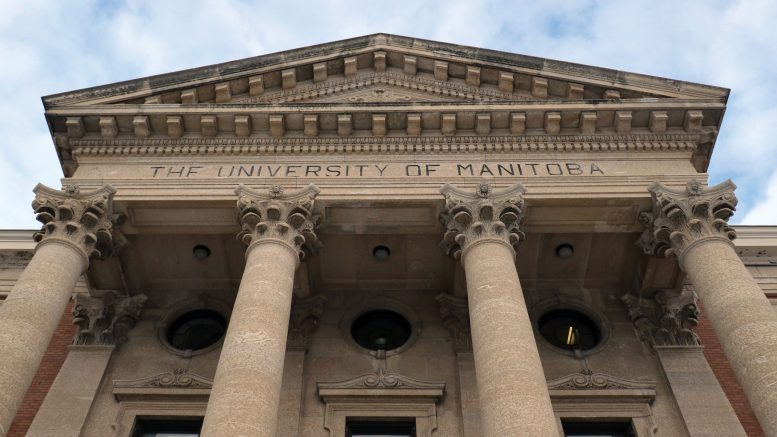The vice-provost of Indigenous engagement at the U of M has resigned, citing a lack of response on Indigenous issues by the school’s administration.
Lynn Lavallée resigned from the position on Thursday after serving as the U of M’s first vice-provost of Indigenous engagement for just over a year.
Lavallée, who is Anishinaabe-Métis, said her resignation was something she had been considering “for a while.”
“In general, over time, I realized my vision for this role was not in alignment with administration,” she said.
“And I felt that the things that I wanted to do, I wasn’t effective in achieving them. For me, that really had to do with my perceptions of the starting point – where the U of M is at – especially given their strategic plan.
And I thought that I would come here, and I wouldn’t have to do the same old, same old that Indigenous academics, people in the academy, have been doing for literally half a century.”
The U of M’s 2015-2020 strategic plan includes “creating pathways to Indigenous achievement” as a key priority.
When reached for comment, the U of M provided a statement from provost and VP academic Janice Ristock that said she “respect[ed] Dr. Lavallée’s opinions.”
“The University of Manitoba shares Dr. Lavallee’s commitment to Indigenous achievement,” Ristock said in the statement.
Just months earlier, the Circle of First Nations, Métis and Inuit Students released a statement condemning the university that included claims that Lavallée had requested and was denied a meeting with the U of M’s presidential executive team on behalf of the U of M Indigenous Students’ Association (UMISA) to discuss instances of anti-Indigenous racism on campus.
The statement referred to “the [U of M’s] utter disregard and disdain of the only Indigenous administrator.”
At the time, U of M spokesperson John Danakas would neither confirm nor deny whether the presidential executive team actually turned Lavallée away.
Lavallée, who chose not to speak publicly on the issue at the time, called the situation “just icing on the cake.”
“It wasn’t one situation. It was the deeply embedded systemic racism that is at the University of Manitoba, it’s in Winnipeg, it’s in Manitoba, it’s across Turtle Island,” she said.
“But it’s expressed in different ways in different institutions.”
Lavallée will be taking on the position of “strategic lead, Indigenous resurgence” at Ryerson University in Toronto, a position she said clearly recognized the inherent system of oppression within academia.
“With resurgence, you’re acknowledging that you’re starting with a colonial system,” she said.
Lavallée said while she believed there were some in administration involved with the creation of the strategic plan “whose heart is in the right place,”a greater understanding of the anti-Indigenous racism endemic in the education system was needed.
“What exists at the [U of M] systemically that doesn’t allow Indigenous voices to come forward?” she said.
“I think everybody needs education on that. So if you don’t understand that, you’re going to be a performative ally.”

